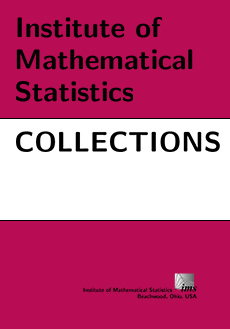Abstract
In recent years, multiple hypothesis testing has come to the forefront of statistical research, ostensibly in relation to applications in genomics and some other emerging fields. The false discovery rate (FDR) and its variants provide very important notions of errors in this context comparable to the role of error probabilities in classical testing problems. Accurate estimation of positive FDR (pFDR), a variant of the FDR, is essential in assessing and controlling this measure. In a recent paper, the authors proposed a model-based nonparametric Bayesian method of estimation of the pFDR function. In particular, the density of p-values was modeled as a mixture of decreasing beta densities and an appropriate Dirichlet process was considered as a prior on the mixing measure. The resulting procedure was shown to work well in simulations. In this paper, we provide some theoretical results in support of the beta mixture model for the density of p-values, and show that, under appropriate conditions, the resulting posterior is consistent as the number of hypotheses grows to infinity.
Information
Digital Object Identifier: 10.1214/193940307000000077


